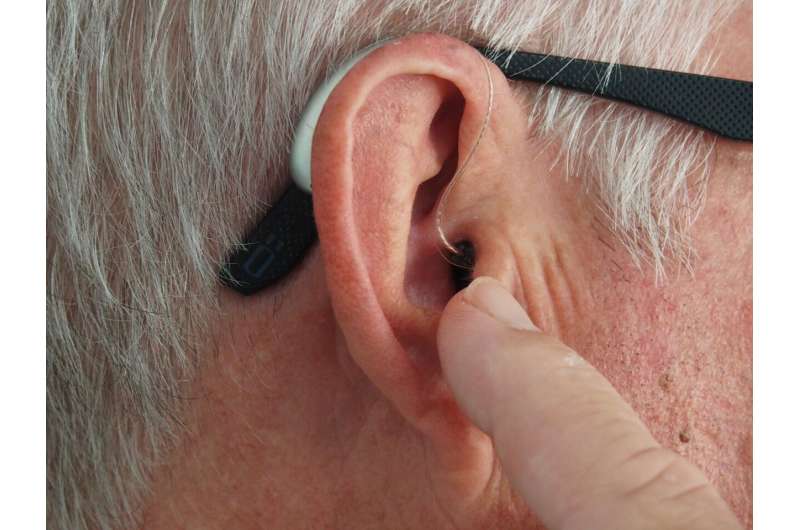Gender Differences in Brain Response to Alcohol: Females Show Greater Biochemical Sensitivity Long Before Dependence Develops

New research reveals that females may experience more biochemical sensitivity to alcohol early on, influencing treatment strategies for alcohol use disorder. Discover how sex differences affect brain response and potential targeted therapies.
Recent research has shed light on how biological sex influences the brain's response to alcohol, revealing that females may be more biochemically sensitive to alcohol's effects even before signs of dependence appear. A preclinical study published in Biological Psychiatry by scientists at The Scripps Research Institute focused on the noradrenergic system—a key brain network involved in stress regulation, attention, and emotional processing, which uses the neurotransmitter norepinephrine.
The study, led by Professor Marisa Roberto, examined how the brains of female rats responded to alcohol exposure compared to males. Previously, the team found that in male rats, changes in the noradrenergic system occurred only after chronic alcohol dependence. However, the new findings indicate that in females, these alterations occur much earlier, even after limited exposure. Specifically, norepinephrine's influence on how brain cells communicate was altered prematurely, potentially making females more vulnerable to alcohol's long-term effects such as anxiety and depression.
Focusing on the central amygdala, a brain region associated with stress and emotional responses, researchers tested FDA-approved drugs targeting norepinephrine receptors—α1 and β. Prazosin, an α1 blocker approved for high blood pressure and off-label for stress-related conditions like PTSD, reduced alcohol intake in both dependent and non-dependent female rats. Conversely, propranolol, a β-blocker used for migraines and heart conditions, only reduced drinking after dependence was established.
These results suggest that α1 receptor-targeting medications like prazosin could be effective in reducing alcohol cravings and stress-related symptoms, especially in early or milder cases of alcohol use disorder (AUD). β-blockers might be more suited for severe AUD, characterized by heightened stress system activation. Interestingly, postmortem brain tissue analysis from women with AUD revealed lower levels of certain norepinephrine receptor genes in the basolateral amygdala and prefrontal cortex, regions involved in stress and decision-making.
While these findings need further validation, they reinforce the importance of considering sex differences when developing treatments for AUD. The research highlights that women may have a heightened biochemical sensitivity to alcohol at earlier stages, which could inform personalized therapeutic approaches and improve outcomes. The team plans to further investigate how stress-related medications can mitigate other symptoms of AUD like anxiety and depression.
Overall, this study emphasizes the significance of biological sex in alcohol’s effects on the brain and the potential for sex-specific treatments to enhance recovery and reduce relapse risks.
Source: https://medicalxpress.com/news/2025-06-females-biochemically-sensitive-alcohol.html
Stay Updated with Mia's Feed
Get the latest health & wellness insights delivered straight to your inbox.
Related Articles
Australian Study Finds Better Outcomes and Cost Savings in Private Maternity Care
A recent Australian study highlights the superior health outcomes and cost savings associated with private obstetric-led maternity care compared to public models, emphasizing the need for systemic improvements.
Balancing Risks and Benefits in Children's Play Environments for Healthy Development
A new assessment tool developed by researchers at the University of Technology Sydney helps balance safety and developmental benefits in children's play environments, promoting healthy growth through controlled risk-taking.
Loss of Smell as an Early Indicator of Increased Mortality and Dementia Risk
A new study links loss of smell in older adults to higher risks of mortality and dementia, emphasizing the importance of olfactory testing in early health assessment.



